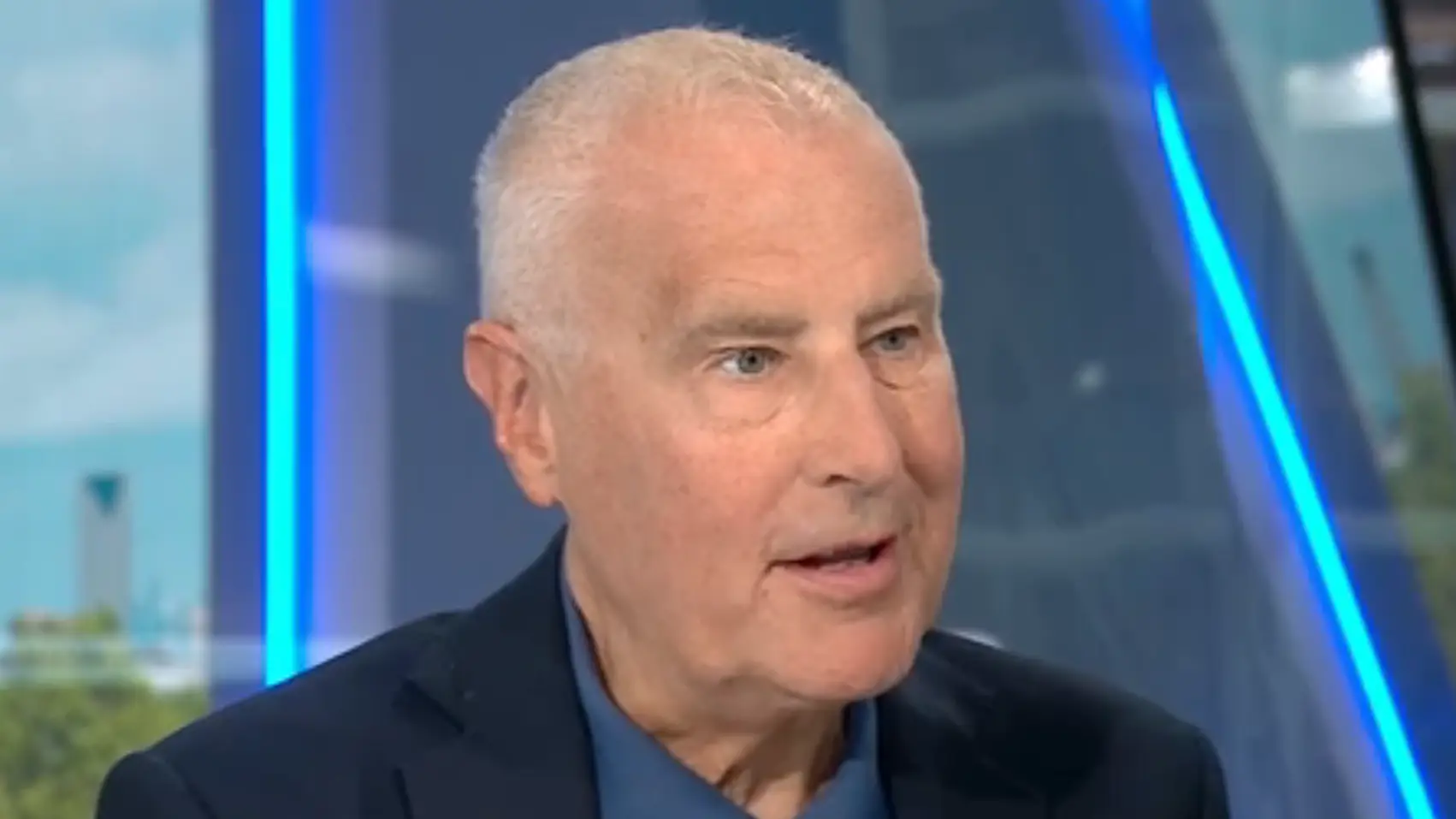
Former Sky News presenter Dermot Murnaghan is urging more men to get tested for prostate cancer after sharing his stage four diagnosis.
The 67-year-old announced the cancer had spread to other parts of his body last month, but said he's currently responding well to treatment.
Speaking at an event for Prostate Cancer UK, Murnaghan said he had 'fallen through the gaps' when it came to testing for prostate cancer, admitting it had been a 'huge wake up call' for him.
"For years I thought 'that will do me'. I'm getting tested basically once a year or every couple of years," he said.
Advert
"It never occurred to me that they weren't testing for prostate-specific antigen (PSA) testing and I never went to my GP because I was getting other tests privately through the production company.

"So that's how I fell through the gaps and that's how I had a massive wake-up call and want to share the message."
He is now calling for more men to go to their GP and request PSA testing, especially given the fact he had no symptoms himself.
Men over the age of 50 can request tests on the NHS, as well as those classed as being in a high risk group.
"You can get to the stage I have with no symptoms. Get the test, insist on the test. You can insist on the test if you are in a high-risk group and under 50. If you are not, I'd still get the test at 50," he said, as per Sky News.
"Go to your GP and they say you don't need it, but say 'but I want it'. It is your right to have it.

"Just keep doing that every year or couple of years. Once you've got that marker where your PSA is, keep monitoring it.
"The earlier you find prostate cancer the easier it is to treat, so check your risk in just 30 seconds with Prostate Cancer UK's online risk checker to see if you are at risk and what you can choose to do about it."
Symptoms of prostate cancer
Like Murnaghan, many men with prostate cancer have no symptoms which is why it's so important to get regular check ups, however, it can present as any of the following symptoms.
- Urinary symptoms: Difficulty urinating, a weak or interrupted flow of urine, needing to wee more urgently, feeling like you haven't completely emptied your bladder and blood in urine.
- Other symptoms: Blood in the semen, painful ejaculation, erectile dysfunction, pain in the hip, back or pelvic area.
 Dermot previously presented BBC Breakfast with Natasha Kaplinsky. (Jeff Overs/BBC News & Current Affairs via Getty Images)
Dermot previously presented BBC Breakfast with Natasha Kaplinsky. (Jeff Overs/BBC News & Current Affairs via Getty Images)

Reputation for stealth
Prostate cancer is known as having a reputation for stealth, as it develops slowly and silently, with few or no symptoms.
When symptoms do occur, they can often be mistaken for other things as a lot of prostate cancer symptoms mimic benign conditions like benign prostatic hyperplasia (BPH) or urinary tract issues.
Calls for change
Although men over the age of 50 can request PSA tests, they're not routinely offered, which Murnaghan thinks should change.
"They might cost a bit more money but think of the money you save on treating people who get to my stage," he said.
"There are an awful lot of things being thrown at me that are costing a lot of money. If I had been caught, as in so many more of the other cancers, if you diagnose much earlier, you save money further down the line."
